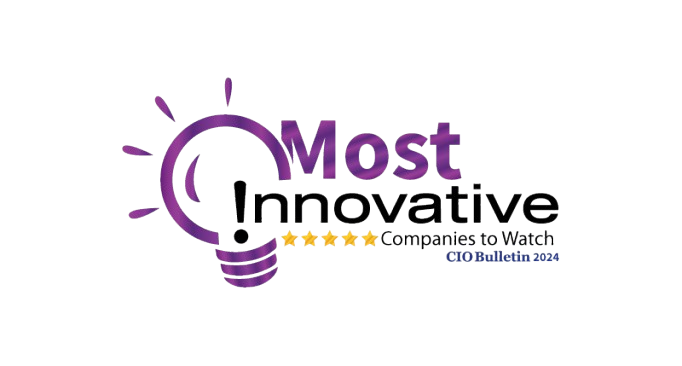7 Expert tips on selecting a CRM for your small business
john • May 6, 2023
Choosing the right CRM (Customer Relationship Management) software is critical for small businesses looking to improve customer relationships, increase sales, and drive growth. Here are seven expert tips on selecting a CRM for your small business:
Define Your Needs:
Before selecting a CRM, it's important to define your business needs. What do you want to achieve with CRM? What features and functionality do you need to meet your business goals? By understanding your needs, you can select a CRM that meets your specific requirements.
Consider User-Friendliness: A CRM should be easy to use and intuitive for all team members. Look for a CRM with a clean and user-friendly interface, and that offers training and support to ensure your team can get up to speed quickly.
Look for Integration: A CRM should integrate with your existing tools and platforms, such as your email marketing, social media, and e-commerce platforms. This ensures that your customer data is centralized and easily accessible, enabling you to streamline your operations and make more informed decisions.
Assess Customization Options: Different businesses have different needs, and a CRM should be customizable to meet those needs. Look for a CRM that allows you to customize fields, workflows, and automation to match your business processes.
Evaluate Analytics and Reporting: A CRM should provide robust analytics and reporting capabilities, allowing you to track your performance, identify areas for improvement, and make data-driven decisions. Look for a CRM that offers customizable dashboards, real-time reporting, and integration with popular analytics tools.
Consider Scalability: As your business grows, your CRM needs may change. Look for a CRM that can scale with your business, allowing you to add new users, features, and functionality as needed.
Check Affordability: A CRM should be affordable and offer good value for your investment. Look for a CRM that offers flexible pricing options, such as pay-per-user or subscription-based pricing, and that doesn't require a large upfront investment.
By following these expert tips, small businesses can select a CRM that meets their specific needs, enhances customer relationships, drives sales growth, and enables business success.
Consider User-Friendliness: A CRM should be easy to use and intuitive for all team members. Look for a CRM with a clean and user-friendly interface, and that offers training and support to ensure your team can get up to speed quickly.
Look for Integration: A CRM should integrate with your existing tools and platforms, such as your email marketing, social media, and e-commerce platforms. This ensures that your customer data is centralized and easily accessible, enabling you to streamline your operations and make more informed decisions.
Assess Customization Options: Different businesses have different needs, and a CRM should be customizable to meet those needs. Look for a CRM that allows you to customize fields, workflows, and automation to match your business processes.
Evaluate Analytics and Reporting: A CRM should provide robust analytics and reporting capabilities, allowing you to track your performance, identify areas for improvement, and make data-driven decisions. Look for a CRM that offers customizable dashboards, real-time reporting, and integration with popular analytics tools.
Consider Scalability: As your business grows, your CRM needs may change. Look for a CRM that can scale with your business, allowing you to add new users, features, and functionality as needed.
Check Affordability: A CRM should be affordable and offer good value for your investment. Look for a CRM that offers flexible pricing options, such as pay-per-user or subscription-based pricing, and that doesn't require a large upfront investment.
By following these expert tips, small businesses can select a CRM that meets their specific needs, enhances customer relationships, drives sales growth, and enables business success.
Featured Resources
Check Our Latest Resources

Proven ROI has been recognized as one of the Most Innovative Companies to Watch 2024 by CIO Bulletin—a testament to the company’s forward-thinking approach to CRM investments and strategic partnerships. By working closely with leading CRM platforms like HubSpot, Proven ROI is revolutionizing how businesses manage customer relationships, scale their operations, and drive growth.



